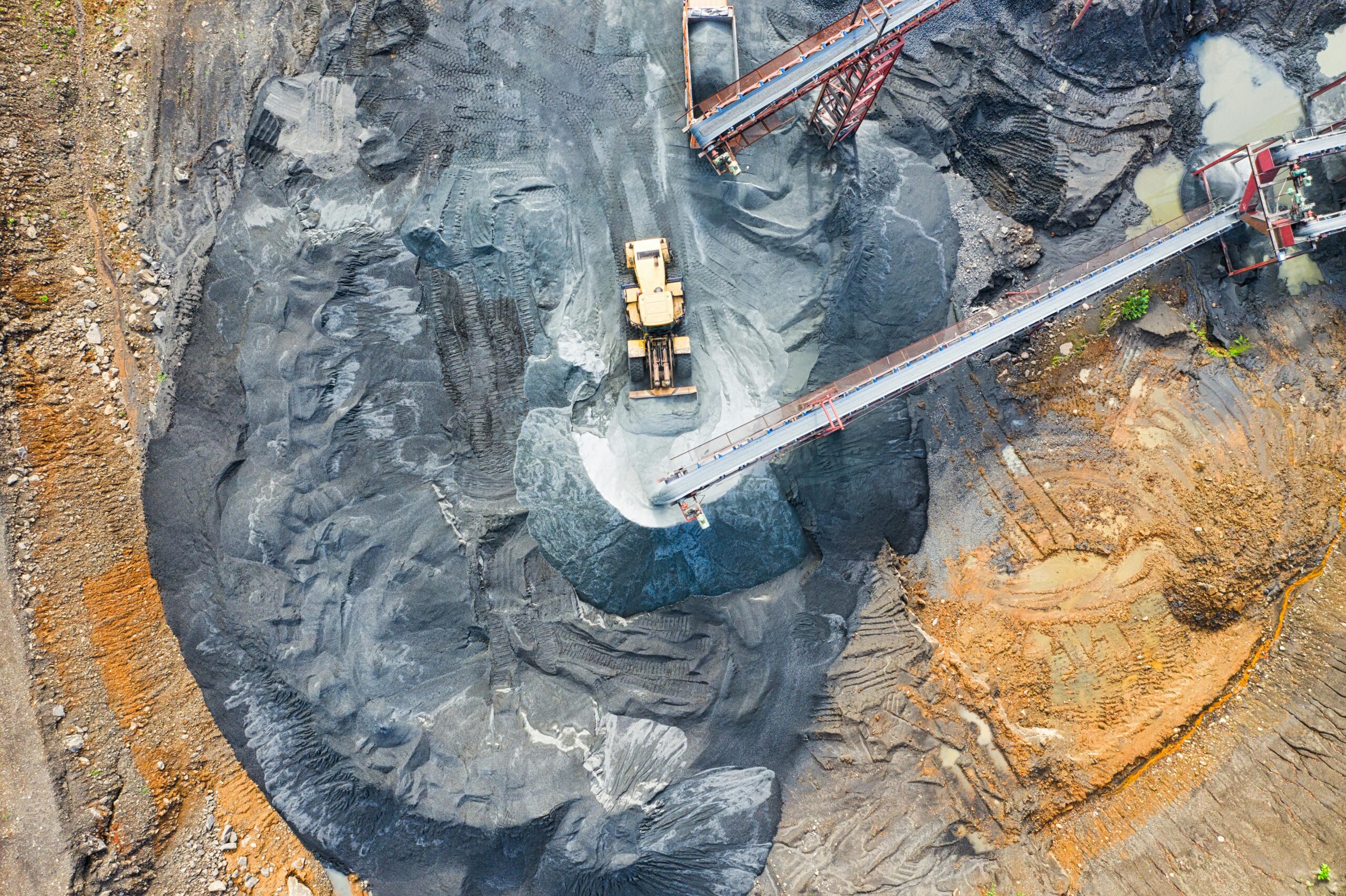Lesotho’s mining sector has experienced significant legal and policy evolution, underpinned by the government’s efforts to promote transparency, regulatory stability, and investor confidence. The legal framework governing mineral resources is multi-layered and reflects both constitutional principles and sector-specific legislation that aims to balance commercial development with environmental protection and national interest.
The primary legal instruments regulating the industry include the Mines and Minerals Act of 2005, the Precious Stones Order of 1970, the Environmental Act of 2008, and the Minerals and Mining Policy adopted in 2015. Together with the Constitution of Lesotho, these statutes vest ownership of all mineral resources in the Basotho nation. Access to and utilisation of these resources is subject to government-issued concessions, which are legally required for any lawful exploration or mining activity.
Lesotho recognises three main types of mining authorisations. The first is the prospecting licence, which allows the holder to search for mineral deposits, conduct geological sampling, and establish temporary exploration infrastructure. Such licences are valid for up to two years and may be renewed once for a further year. Removal of any discovered minerals for analysis or commercial use requires prior written approval from the Commissioner of Mines. The second form is the mining lease, which grants the holder rights to extract minerals, construct processing plants, and export or sell the extracted minerals. Mining leases may be issued for a period of up to ten years and may be renewed. Transfers or amendments to leases require approval by the Minister of Natural Resources. The third type is the mineral permit, issued mainly to citizens of Lesotho for small-scale mining operations involving minerals other than diamonds. The permit allows for limited extraction and infrastructure development and is restricted to sites not exceeding 100 square metres.
Diamond mining is particularly regulated due to its economic significance and international trade sensitivity. The government often participates as an equity partner in diamond mining ventures, generally holding a minimum of 20% equity through negotiated terms. Exportation and beneficiation of diamonds require permits, and Lesotho adheres strictly to the Kimberley Process Certification Scheme. Holders of diamond leases may also be required to fulfil local cutting and polishing quotas to ensure beneficiation occurs within the country.
Environmental compliance is central to mining operations. Lesotho’s Environmental Act mandates the completion of environmental impact assessments prior to the granting of mining rights. Activities such as quarrying, tunnelling, and the extraction of diamonds and other high-value minerals cannot commence without environmental clearance. Licensees are also obliged to rehabilitate land, mitigate pollution, and maintain environmental safeguards consistent with international standards. In terms of land use, while mining leases grant access to subsurface minerals, additional authorisation is required where the land is designated for public purposes or is culturally protected. Affected landowners are entitled to compensation for any disturbance or damage to land.
Occupational health and safety in mining operations is governed by the Mine Safety Act of 1981 and supporting labour regulations. Employers must ensure that the workplace is safe, hazards are mitigated, employees are adequately trained, and all incidents or injuries are reported and investigated.
Corporate compliance includes several obligations. While there is no statutory appeal mechanism within the mining legislation, decisions by administrative authorities may be reviewed by the High Court or Court of Appeal under general administrative law. Mining companies must disclose shareholding structures, seek ministerial approval before transferring mining rights, and comply with local incorporation requirements if they are foreign entities seeking to operate in Lesotho.
The fiscal regime applicable to the mining sector includes royalties and taxes. A 10% royalty is levied on diamond production, while a 3% royalty applies to other minerals, calculated on the gross market value at the mine gate. Annual concession fees are payable, and the Income Tax Act allows for accelerated capital depreciation of 100% for qualifying mining investments. Diamond royalty rates may be negotiated on a case-by-case basis, although they may not exceed the statutory cap of 10%.
Foreign ownership is permitted without restriction, although the government may reserve the right to participate in strategic projects through equity holdings. Local value addition is encouraged, particularly in the diamond sector. Foreign investors must register locally to obtain mining rights, and joint ventures with local partners are common.
Mining rights, including prospecting licences and mining leases, may be transferred, but only with the written consent of the Minister. Once transferred, all rights, obligations, and liabilities pass to the new holder. There are no statutory restrictions on the transfer of controlling interests in companies that hold mining rights, although such transfers may require ministerial review depending on the impact on ownership and management control.
Lesotho offers a legally stable and transparent environment for mining investment. The legal framework is supported by constitutional protections and administrative oversight. While entry into the sector requires compliance with a detailed regulatory process, this structure promotes certainty and protects both state and investor interests. The combination of high-value diamond deposits, progressive legal instruments, and a willingness to align with international standards makes Lesotho an increasingly attractive destination for responsible mining investment. Continued attention to enforcement, institutional coordination, and environmental stewardship will be essential in supporting sustainable growth within the sector.

